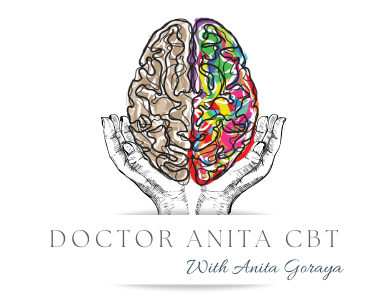What Does ADHD Look Like in Established Professionals?
ADHD isn’t just about difficulties with concentration and organisation; we are also creative, fun, innovative, and fearless individuals who think outside the box in our professional and social lives!
Although ADHD doesn't define who you are, it often impacts on how you are. Here are some ways it can show up.
At Work
Even with career achievements, you might feel like you're constantly flying by the seat of your pants, fearing that you'll be exposed as an imposter. Procrastination might plague you, especially with mundane tasks like admin and paperwork. Your workspace could be messy and disorganised, and you might frequently forget or lose things. Time management might be a challenge, with fidgeting and restlessness during meetings, talking over others, and impatience to get things done. Sound familiar?
At Home
Your home life might contrast sharply with your work life. If you're expending most of your energy at work, you might feel overwhelmed by repetitive domestic chores like housework, shopping, cooking, and managing personal finances. Self-care and hobbies can fall by the wayside due to a lack of time or energy. Alternatively, you might start numerous projects with enthusiasm, only to abandon them soon after. You might be drawn to hobbies that provide a risk or adrenaline rush. Do you struggle to relax, hate waiting in traffic, or drive fast enough to accumulate speeding fines?
Self-Esteem and Relationships
If your ADHD wasn't diagnosed until adulthood, you might have internalised a sense of being different because of your difficulties with tasks that others seem to handle easily. Frequent criticism for being 'lazy,' 'ditsy,' or 'useless' can lead to a harsh inner critic telling you that you're 'not good enough' and that your difficulties are 'your fault.' This might result in unassertive communication, consistently prioritising others' needs over your own, or frequent anger and impulsive actions. Do you get bored in romantic relationships and move on quickly, or avoid them altogether? Does your partner complain that you 'zone out' of conversations or try to multitask during them?
Mood
Although it's not a current diagnostic criterion, almost everyone with ADHD experiences heightened emotions in response to triggers. Highs are intensely high, lows are deeply low, making life feel like a rollercoaster. Would you like to feel less at the mercy of your emotions and more in control?
